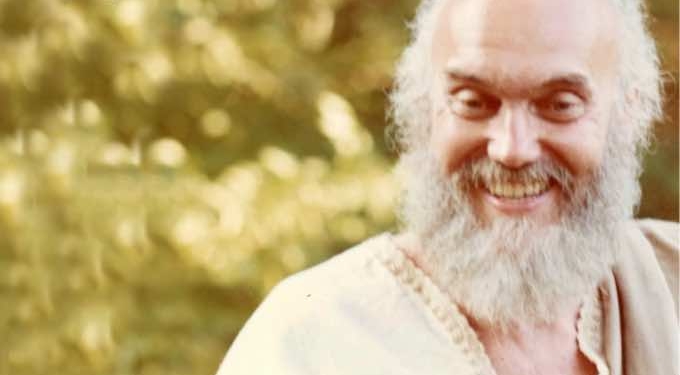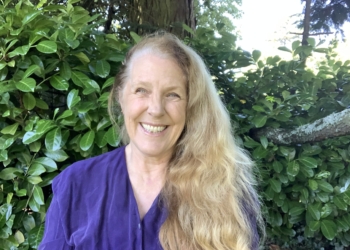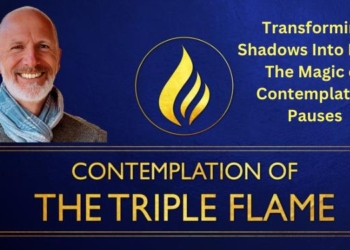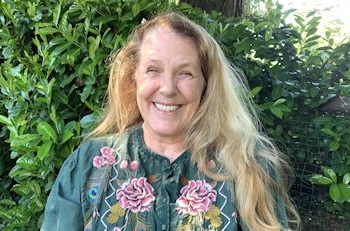
Like clockwork, fans and followers of spiritual leader Ram Dass would show up at Kamaole Beach Park I to greet the counterculture icon during his Monday morning swims.
“That was his most favorite thing to do each week. He lived for going to the beach, getting into that water,” said friend and student Mike Crall of Makawao.
It was soon after Dass and Crall began swimming at the beach regularly in March 2005 that Dass “started having a following.” His fans and students would “set their clock to it,” Crall said.
People would talk story with him one-on-one, tell him how his work changed their lives and offer thanks. Some even asked for advice, said Crall, who is the retreats and public events organizer for Dass’ Love Serve Remember Foundation.
The last time he got into the water off Kamaole I was July.
Dass died Sunday at his Haiku home, said Crall. He was 88. No cause of death was given.
The foundation is planning a worldwide “Be Here Now” movement in celebration of Dass’ life. Details will be forthcoming.
“Be Here Now” is the title of Dass’ 1971 book on spirituality, yoga and meditation. It was known as the “hippies’ bible” and has sold more than 2 million copies, the foundation said.
“I want to share with you the parts of the internal journey that never get written up in the mass media,” Dass wrote in the book. “I’m not interested in what you read in the Saturday Evening Post about LSD. This is the story of what goes on inside a human being who is undergoing all these experiences.”
Among his other books were “How Can I Help?” “Compassion in Action” and “Still Here: Embracing Aging, Changing, and Dying.”
“In the ’60s, I was an uncle for a movement,” he told The Associated Press in 1998. “I was always showing people where they could go. I went east, and then there was a big movement east.”
Now, he said, “the baby boomers are getting old — and I’m learning how to get old for them. That’s my role.”
Dass, born Richard Alpert in Boston, conducted LSD experiments as a young psychology professor at Harvard University with colleague Timothy Leary in the 1960s. They were both kicked out of Harvard for their activities.
Still, Alpert and Leary were able to influence a generation to “turn on, tune in and drop out,” with psychedelics providing “inner fuel” during a turbulent era of social change, sexual liberation and political unrest, the foundation said.
A 1967 trip to India introduced Alpert to yoga, meditation and spiritualism. He received the name Ram Dass from a guru; it means “Servant of God.”
















